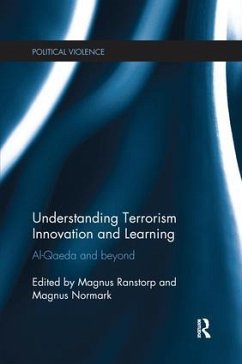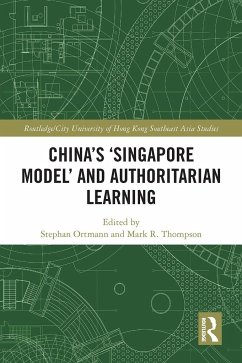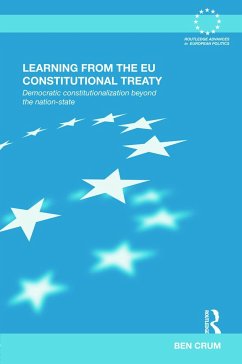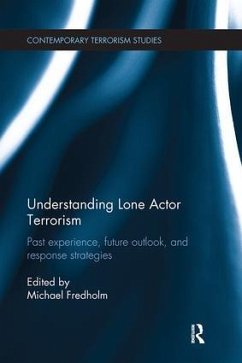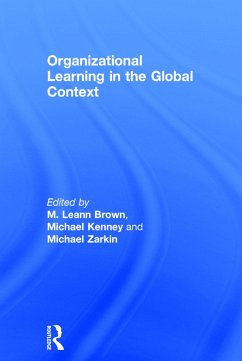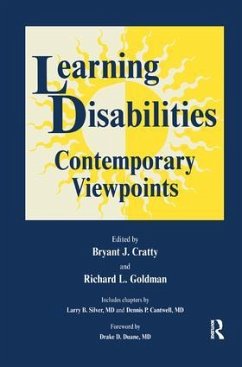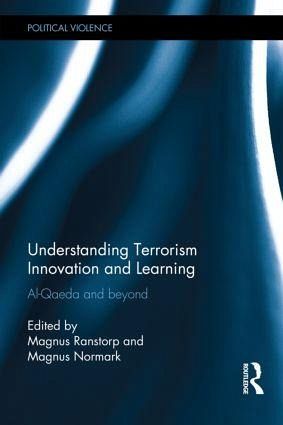
Understanding Terrorism Innovation and Learning
Al-Qaeda and Beyond
Herausgeber: Ranstorp, Magnus; Normark, Magnus
Versandkostenfrei!
Versandfertig in 1-2 Wochen
177,99 €
inkl. MwSt.

PAYBACK Punkte
89 °P sammeln!
This book seeks to understand the role of terrorist innovation and learning as a process in theory and practice, within the context of three specific EU case-studies. Since the 11 September 2001 terror attacks, significant focus and research has been devoted towards understanding the al-Qaeda phenomenon as it has morphed, migrated and changed due to globalization and according to internal and external pressures, as well as changing political developments. This volume examines how and why terrorist groups innovate generally and analyses al-Qaeda-related terrorist plots in Europe more specifically. The starting point for this book was twofold. Firstly, to examine the issue of innovation and learning more generically both in theory, within specific themes and within the context of al-Qaeda's influence on this process. Secondly, it examines the evolution of specific al-Qaeda-related plots in three specific northern EU states - the United Kingdom, Denmark and Germany - where there has been a significant volume of planned, failed and executed terrorist plots. In particular, these case studies look at signs of innovation and learning. The book provides in-depth examination of the role of al-Qaeda's ideology and how this shapes targeting preferences, the role of terrorist training camps in conflict zones as well as in-depth case studies of planned, foiled and executed plots within the context of terrorist innovation and learning. This book will be of much interest to students of terrorism and counter-terrorism, political violence, security studies and IR in general.



